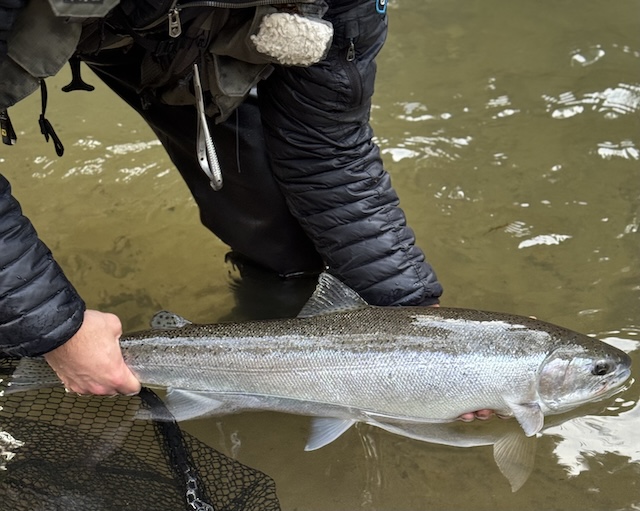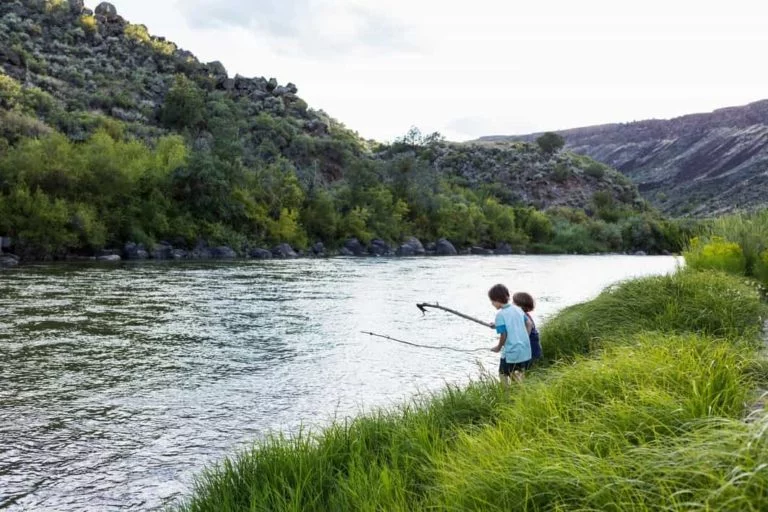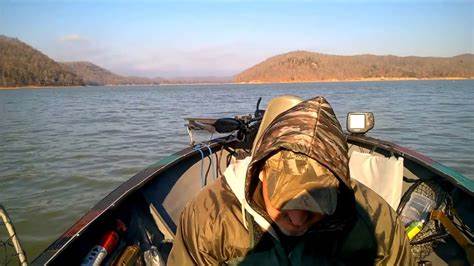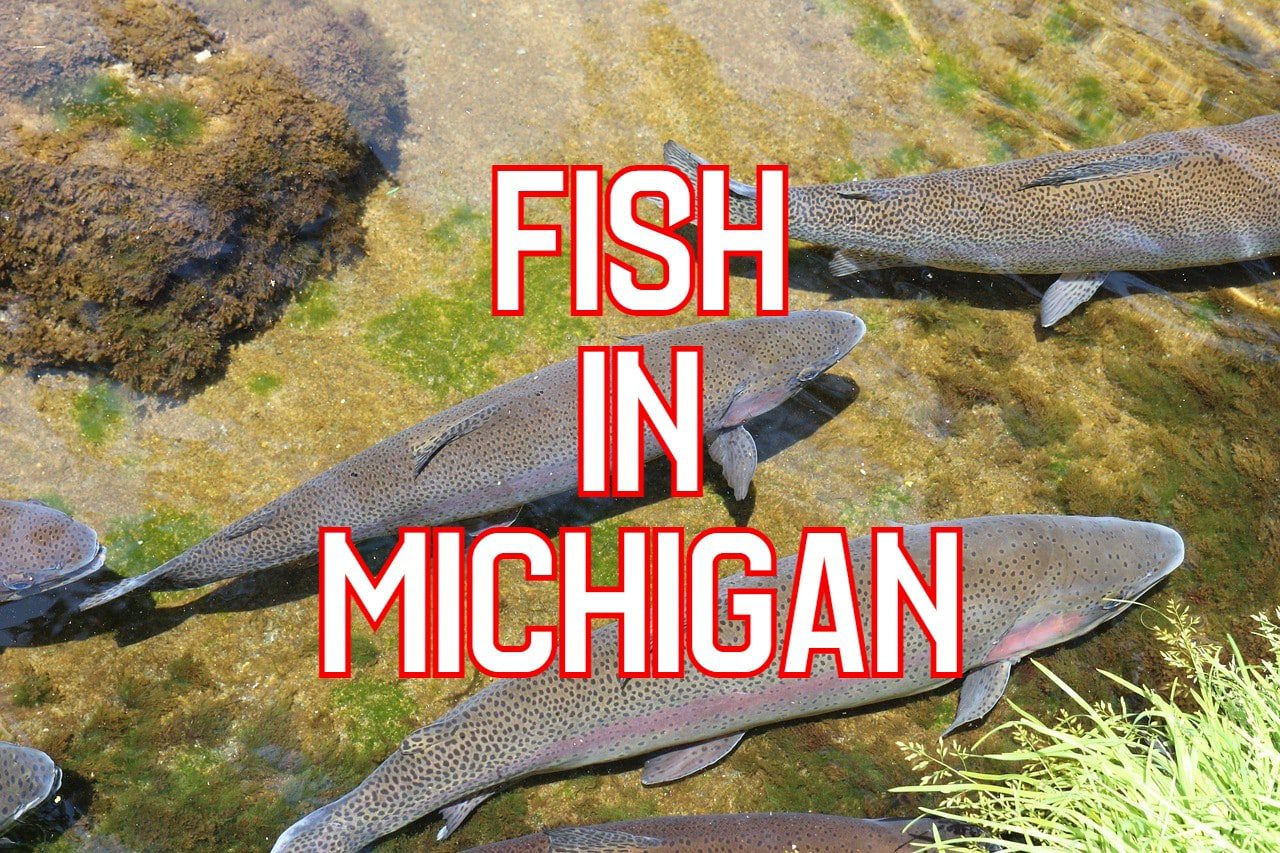Navigating the licensing requirements for fishing in the Chesapeake Bay can be confusing, especially since the bay spans both Maryland and Virginia waters. Each state maintains its own licensing system, fees, and regulations, with important reciprocity agreements that allow anglers to fish across state boundaries under certain conditions. Whether you’re planning a day trip or seasonal fishing, understanding these differences is essential for legal compliance and avoiding potential fines.
Maryland Fishing License Requirements
Maryland divides its fishing licenses into two main categories based on water type: Non-Tidal (Freshwater) Licenses and Chesapeake Bay & Coastal Sport Fishing Licenses. For Chesapeake Bay fishing, you’ll need the latter.
Chesapeake Bay & Coastal Sport Fishing License
This license allows anglers to fish in the Chesapeake Bay and its tributaries, as well as Maryland’s Atlantic coastal waters.
| License Type | Resident Fee | Non-Resident Fee | Validity |
|---|---|---|---|
| Annual License | $15.00 | $22.50 | 365 days from purchase |
| 7-Day License | $6.00 | $12.00 | 7 consecutive days |
| Senior Consolidated (65+) | $5.00 | Not available | 365 days from purchase |
Who needs this license? Everyone 16 years or older must have a valid license to fish in Maryland’s tidal waters.
Maryland License Exemptions
You may be exempt from needing a Maryland Chesapeake Bay fishing license if you are:
- Under 16 years of age
- A registered guest on a boat with a Chesapeake Bay and Coastal Sport Boat Decal
- A waterfront property owner or immediate family member
- Fishing on one of Maryland’s Free Fishing Days
- A 100% service-connected disabled veteran or former prisoner of war (eligible for complimentary license)
How to Purchase a Maryland License
- Online: Through the Maryland Department of Natural Resources COMPASS portal
- In Person: At over 250 license agents throughout Maryland
- By Mail: Download the application from the Department of Natural Resources Forms website
Learn more about Maryland fishing licenses at Maryland DNR’s official website.
Virginia Fishing License Requirements
Virginia requires a saltwater license for fishing in the Chesapeake Bay and its tidal tributaries.
Virginia Saltwater Fishing License
| License Type | Resident Fee | Non-Resident Fee | Validity |
|---|---|---|---|
| 1-year license | $23.00 | Higher fee (not specified) | 1 year |
| 2-year license | $44.00 | Higher fee (not specified) | 2 years |
| 3-year license | $65.00 | Higher fee (not specified) | 3 years |
| 4-year license | $86.00 | Higher fee (not specified) | 4 years |
Tidal Boat License Option: Virginia offers a special tidal boat license that covers the boat owner and all passengers aboard when fishing in Virginia tidal waters (up to the Fall Lines), but only when the registered boat owner is present.
How to Purchase a Virginia License
- Online: Through the Go Outdoors Virginia portal
- In Person: From Circuit Court clerks or authorized license agents
- By Phone: Call 804-367-1000 during regular business hours
For complete information, visit the Virginia Department of Wildlife Resources.
Reciprocity Agreements: The Key to Cross-State Fishing
One of the most important aspects of Chesapeake Bay fishing is understanding the reciprocity agreements between Maryland and Virginia, which allow anglers to fish in both states’ waters under certain conditions.
Maryland Recognition of Virginia Licenses
- Virginia residents with a valid Virginia saltwater fishing license can fish in Maryland tidal waters if they also obtain a free Maryland Saltwater Angler Registration
- Virginia residents with a valid non-tidal fishing license can fish in the Potomac River opposite the shore of Virginia
Virginia Recognition of Maryland Licenses
While the search results don’t explicitly detail how Virginia recognizes Maryland licenses, typically there is reciprocity for properly registered anglers.
For the Potomac River specifically, anglers with a Potomac River Fisheries Commission recreational fishing license can fish the tidal waters of Maryland.
Chesapeake Bay Fishing Hotspots
The Chesapeake Bay offers abundant fishing opportunities across its 200-mile expanse. Here are some prime fishing locations:
Upper Bay Hotspots
- Baltimore: Urban fishing with easy access from the harbor and seaside parks
- Rocky Point Park and Beach: Access to rivers, creeks, and open bay
- Tea Kettle Shoals: Underwater structures that are prime feeding grounds
Middle Bay Locations
- Annapolis: Maryland’s capital offers diverse fishing opportunities
- Chesapeake Bay Bridge: Major striped bass hotspot
- Bill Burton Fishing Pier: Excellent structure for shore fishing
Lower Bay Destinations
- James and Bush Rivers: Parallel rivers offering excellent inshore action
- Kiptopeke State Park: Beautiful area with structures that attract fish
- Virginia Beach: Premier charter fishing location with inshore and offshore options
Special Considerations
Maryland Saltwater Angler Registration
If you’re not required to hold a Maryland Bay & Coastal Sport Fishing license but want to fish the Chesapeake Bay, you must obtain a free Maryland Saltwater Angler Registration. This applies to:
- Guests on boats with a Chesapeake Bay and Coastal Sport Boat Decal
- Virginia license holders fishing in Maryland waters
- Waterfront property owners and family members
By registering with Maryland, you won’t need to register with the National Oceanic and Atmospheric Administration (NOAA).
Crabbing Licenses
Fishing licenses don’t automatically cover crabbing in the Chesapeake Bay. Maryland offers:
- Recreational Individual Crabbing License: $5 for residents, $10 for non-residents
- Discounted fee ($2) for holders of a resident Chesapeake Bay & Coastal Sport Fishing License
Planning Your Chesapeake Bay Fishing Trip
When preparing for a Chesapeake Bay fishing trip that might cross state lines:
- Determine your fishing locations in advance to identify which licenses you’ll need
- Check for reciprocity options if fishing in both Maryland and Virginia waters
- Register with Maryland’s Saltwater Angler Registration if using a Virginia license
- Keep your license and registration with you while fishing (electronic or paper copy)
- Review current fishing regulations for size and catch limits, which vary by species
For more information about fishing licenses across the United States, visit US Fishing Licenses for state-specific requirements.
Conclusion
Successfully navigating the licensing requirements for Chesapeake Bay fishing means understanding both Maryland and Virginia systems and how they interact. The key difference lies in Maryland’s requirement for a specific Chesapeake Bay & Coastal Sport Fishing License versus Virginia’s broader saltwater license approach. The reciprocity arrangements between states offer convenience, but only when properly registered with both jurisdictions.
By obtaining the correct licenses and understanding the reciprocal agreements, you can enjoy the diverse fishing opportunities throughout the Chesapeake Bay while staying compliant with all regulations.






